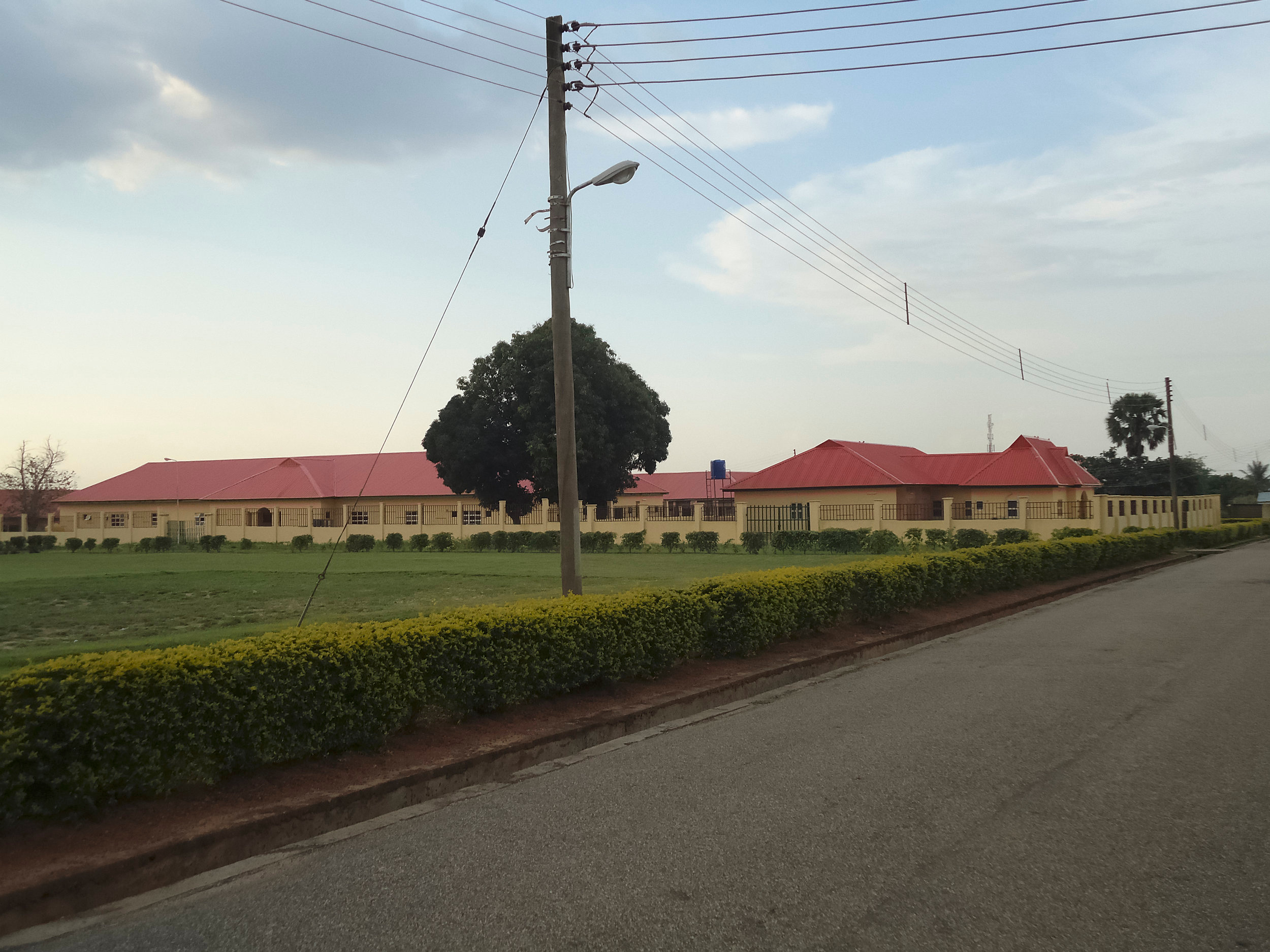

















Copyright © 2016 Thea Villate, Bogota, Colombia
About the Project
Mapping Home: A Global Crisis of Place, is a continuing collaborative project with Dr. Nisha Sajnani, which calls attention to the relationship between climate change and the largest case of forced displacement since WWII.
Creating an image and video archive of 507 photographs and 540 videos submitted by first responders, policy makers, healthcare providers, and resettlement specialists who work with refugees around the world and who are affiliated with the Harvard Program in Refugee Trauma (HPRT)*, Dr. Sajnani asked these first responders to take a photograph of what sustains them amidst this ongoing crisis and to create a digital video of how they contribute to creating a healing environment through their policies, programs, or practice.
Through our mutual interest in investigating notions of home, place, and displacement in our research and artistic practices, Dr. Sajnani and I came together with her invitation to collaborate and curate a selection of works from the HPRT archive to investigate the relationship between image-making and healing in individuals who bear witness to suffering on trauma on a daily basis.
What sustained these practitioners amidst difficulty was the very thing that needs to be sustained: the planet.
This project was exhibited in Washburn Gallery at Lesley University in Cambridge, MA from June 16-September 30th, 2016. The opening and closing reception brought together an interdisciplinary panel of poets and speakers who discussed place based education, global environmental sustainability, forced migration, refugee health, and sustainable care practices. Panelists included Marjorie Agosín, poet and activist who teaches Latin American studies at Wellesley College, Jeffrey Ansloos, Assistant Professor in the faculty of Human and Social Development at the University of Victoria, Dr. Richard Mollica, MD, MAR, Director of the Harvard Program in Refugee Trauma (HPRT) of Massachusetts General Hospital and Harvard Medical School, and Dr. Nicole Weber, Director of the online Science in Education program at Lesley University whose area of expertise is place based education across the globe.
The second phase of our project will include an expansion of the HPRT archive with photographs and videos of displaced persons around the world in which they are given the same question asked of first responders: What sustains you? A selection of these photographs would be presented alongside those collected from first responders to call attention to areas of similarity and dissonance between the desires of care providers and those being cared for.
*The HPRT sustains a network of health professionals, policy makers, and cultural workers who work with organizations such as the office of United Nations High Commissioner for Refugees, the World Health Organization, Doctors Without Borders, as well as local and national NGOs.